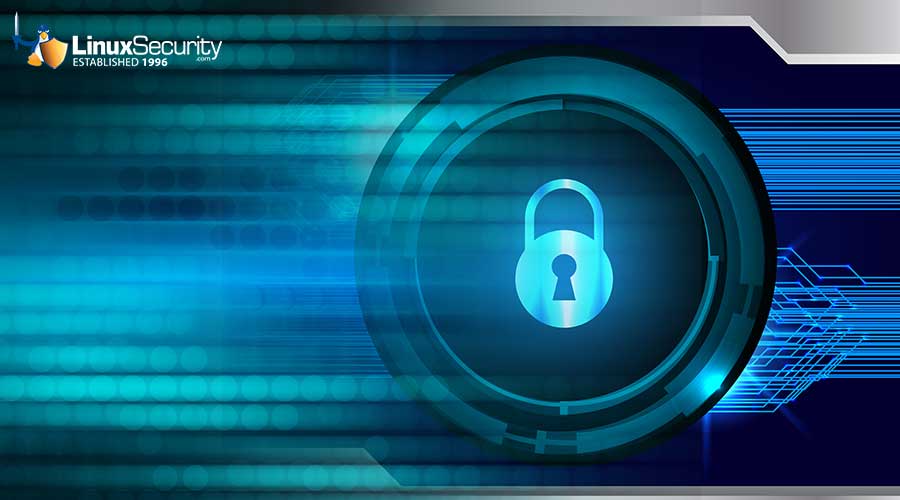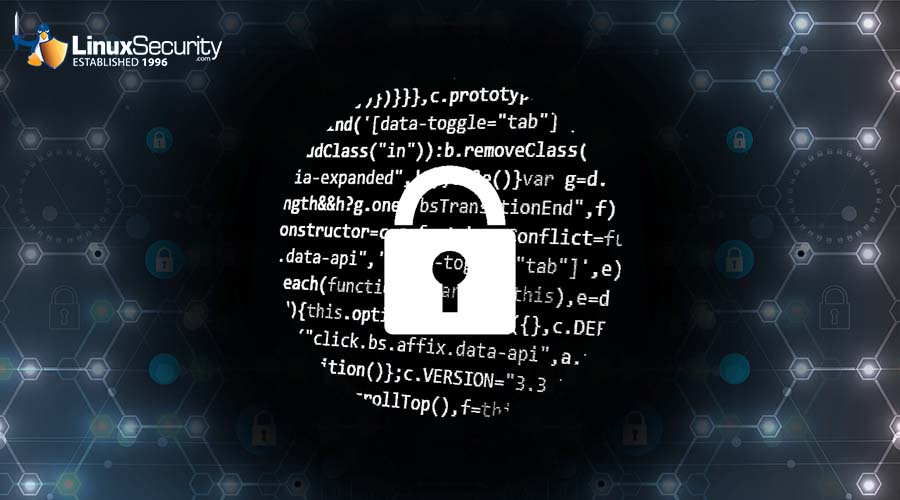Fedora Core 3 Update: lam-7.1.1-7.FC3
Summary
LAM (Local Area Multicomputer) is an Message-Passing Interface (MPI)
programming environment and development system for heterogeneous
computers on a network. With LAM/MPI, a dedicated cluster or an
existing network computing infrastructure can act as one parallel
computer to solve one problem. LAM/MPI is considered to be "cluster
friendly" because it offers daemon-based process startup/control as
well as fast client-to-client message passing protocols. LAM/MPI can
use TCP/IP and/or shared memory for message passing (different RPMs
are supplied for this -- see the main LAM website at
for details).<
LAM features a full implementation of MPI version 1 (with the
exception that LAM does not support cancelling of sends), and much of
version 2. Compliant applications are source code portable between LAM
and any other implementation of MPI. In addition to meeting the
standard, LAM/MPI offers extensive monitoring capabilities to support
debugging. Monitoring happens on two levels: On one level, LAM/MPI has
the hooks to allow a snapshot of a process and message status to be
taken at any time during an application run. The status includes all
aspects of synchronization plus datatype map/signature, communicator
group membership and message contents (see the XMPI application on the
main LAM website). On the second level, the MPI library can produce a
cumulative record of communication, which can be visualized either at
runtime or post-mortem.
- fix bug 164898: 7.0.6's '--enable-trillium' -> 7.1.1's '--with-trillium'
87923af665e2c5041a699ea1d7eb43cb SRPMS/lam-7.1.1-7.FC3.src.rpm
ac7325b1e1401b7bdecdac01573fe118 x86_64/lam-7.1.1-7.FC3.x86_64.rpm
347e61d7cc11fa17cccc2da772520a06 x86_64/debug/lam-debuginfo-7.1.1-7.FC3.x86_64.rpm
00cdd0cb84d593308aaad8393d4ec219 i386/lam-7.1.1-7.FC3.i386.rpm
42a9c73f29c8ebab3c67209ac6a1b573 i386/debug/lam-debuginfo-7.1.1-7.FC3.i386.rpm
This update can also be installed with the Update Agent; you can
launch the Update Agent with the 'up2date' command.
fedora-announce-list@redhat.com
http://www.redhat.com/mailman/listinfo/fedora-announce-list
FEDORA-2005-722 2005-08-09 Name : lam Version : 7.1.1 Release : 7.FC3 Summary : The LAM (Local Area Multicomputer) programming environment. Description : LAM (Local Area Multicomputer) is an Message-Passing Interface (MPI) programming environment and development system for heterogeneous computers on a network. With LAM/MPI, a dedicated cluster or an existing network computing infrastructure can act as one parallel computer to solve one problem. LAM/MPI is considered to be "cluster friendly" because it offers daemon-based process startup/control as well as fast client-to-client message passing protocols. LAM/MPI can use TCP/IP and/or shared memory for message passing (different RPMs are supplied for this -- see the main LAM website at for details).< LAM features a full implementation of MPI version 1 (with the exception that LAM does not support cancelling of sends), and much of version 2. Compliant applications are source code portable between LAM and any other implementation of MPI. In addition to meeting the standard, LAM/MPI offers extensive monitoring capabilities to support debugging. Monitoring happens on two levels: On one level, LAM/MPI has the hooks to allow a snapshot of a process and message status to be taken at any time during an application run. The status includes all aspects of synchronization plus datatype map/signature, communicator group membership and message contents (see the XMPI application on the main LAM website). On the second level, the MPI library can produce a cumulative record of communication, which can be visualized either at runtime or post-mortem. - fix bug 164898: 7.0.6's '--enable-trillium' -> 7.1.1's '--with-trillium' 87923af665e2c5041a699ea1d7eb43cb SRPMS/lam-7.1.1-7.FC3.src.rpm ac7325b1e1401b7bdecdac01573fe118 x86_64/lam-7.1.1-7.FC3.x86_64.rpm 347e61d7cc11fa17cccc2da772520a06 x86_64/debug/lam-debuginfo-7.1.1-7.FC3.x86_64.rpm 00cdd0cb84d593308aaad8393d4ec219 i386/lam-7.1.1-7.FC3.i386.rpm 42a9c73f29c8ebab3c67209ac6a1b573 i386/debug/lam-debuginfo-7.1.1-7.FC3.i386.rpm This update can also be installed with the Update Agent; you can launch the Update Agent with the 'up2date' command. fedora-announce-list@redhat.com http://www.redhat.com/mailman/listinfo/fedora-announce-list
Change Log
References
Update Instructions


























